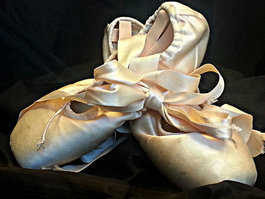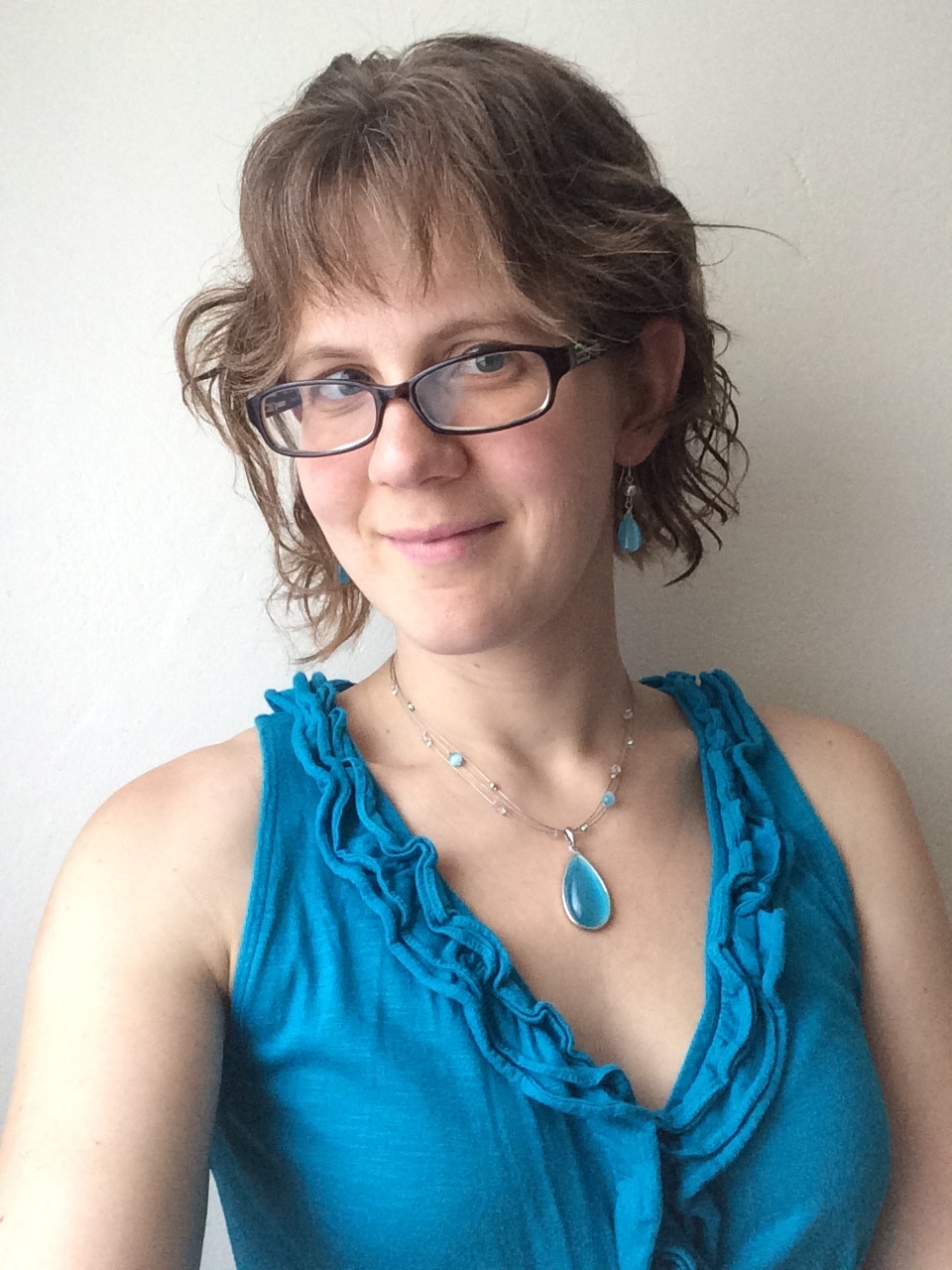
I admit I likely would not have picked this book up without the recommendation (read: homework assignment) from my semester mentor but found it well worth my time. The essence of the book is on fostering your own creativity. Tharp discusses rituals of preparation used by creative professionals in many different fields, ways of determining what rituals might work best for you according to your "creative DNA," methods for "scratching" out new ideas,and how to avoid ruts as well as extend grooves where the creative juice is flowing. Many of her ideas I found I was already using but the discussions helped me understand exactly why those ideas were important.
I'll be reflecting on this book this week as I work on my assigned essay on it, but here's a few quotes in hopes they give you something to think about as well.
- On acquiring skill: “I know one novelist who taught himself the craft of fiction by retyping the stories of his favorite authors. The act of typing someone else's words – rather than simply reading them – made him stop and think about how the author chose words, constructed sentences and paragraphs, arranged dialogue, and structured a narrative...If there's a lesson here it's: get busy copying. That's not a popular notion today, not when we are all instructed to find our own way, admonished to be original and find our own voice at all costs! But it's sound advice. Traveling the paths of greatness, even in someone else's footprints, is a vital means to acquiring skill.” (Tharp 66)
- On finding ideas: “Reading, conversation, environment, culture, heroes, mentors, nature – all are lottery tickets for creativity. Scratch away at them and you'll find out how big a prize you've won.” (103).
- On luck: “Your creative endeavors can never be thoroughly mapped out ahead of time. You have to allow for the suddenly altered landscape, the change in plan, the accidental spark – and you have to see it as a stroke of luck rather than a disturbance of your perfect scheme. Habitually creative people are, in E.B. White's phrase, “prepared to be lucky. The key words here are “prepared” and “lucky.” They're inseparable. You don't get lucky without preparation, and there's no sense in being prepared if you're not open to the possibility of a glorious accident.” (Tharp 120).

 RSS Feed
RSS Feed